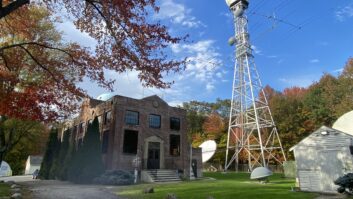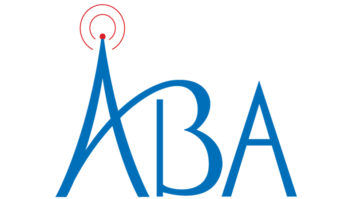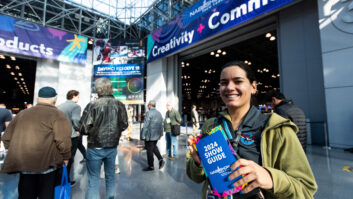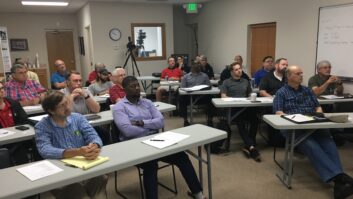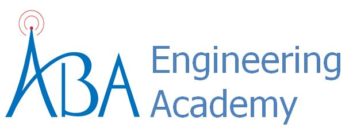 Engineering classes hosted by the Alabama Broadcasters Association will kick off again later this year.
Engineering classes hosted by the Alabama Broadcasters Association will kick off again later this year.
The association will host the 2022 ABA Engineering Academy classes at intervals throughout the year, starting with radio engineering classes March 7–11 and Sept. 12–16. Another double set of classes will cover television engineering issues during April 4–8 and Oct. 3–7.
The classes, which run five days for each session, are open to anyone, not just ABA members, said Larry Wilkins, director of engineering services for ABA, who is a past recipient of the Radio World Excellence in Engineering Award.
“Before we had to stop in-person classes [due to the pandemic], we had students from across the country, even Alaska,” he said.
Classes will be held in person at the ABA Training Center in Birmingham, Ala.
Day one of the radio engineering classes covers basic electronics. “It is important that someone who works in any type of engineering understand the basics,” he said. The class covers electricity, Ohm’s law, the components used in circuits and the various formulas used in broadcast operations.
Day two covers analog and digital audio basics, including digital audio workstations and processors. The class also covers microphone selection and proper placement. New this year is the introduction of loudness units full scale (LUFS).
“Since we have seen that several engineers are also involved in mixing live audio or recording, we spend some time on audio mixer setup and operation,” Wilkins said. The course includes time in the training center’s digital recording studio with a 32-channel mixing console and digital audio workstation.
Day three covers AM and FM transmitters and antennas, including directional AM arrays and HD Radio. The classes touch on basic transmitter site maintenance, as well as legal requirements.
Day four looks at station operation including installation of EAS systems, background on FCC rules and regulations, required paperwork and technical management as well as good engineering practices. Day five is reserved for those looking to take the SBE certification exam.
“We are aware that attending a class for four or five days will not create a ‘chief engineer’ but our goal is to cover as much of the technical operation [as possible] so that someone that is looking at getting into broadcast engineering can work under a seasoned engineer more comfortably,” Wilkins said. “Also, there may those at a station that would like to learn more about the technical side of the operation and [this] can help with basic issues that come up after attending the class.”
Over the years, he said, the association has seen a number of seasoned engineers attend classes, both as a refresher and as an opportunity to learn about new technology.
The ABA also started a monthly engineering webinar covering various technical subjects that parallel the engineering classes. Those attending the classes can receive credit when recertifying with SBE.
Registration for classes can be found at the ABA website. The association also offers a series of continuing educational classes on a variety of technical areas such as audio production, network protocols and data rates, among other topics. In addition, the association offers seminars throughout the year with special presenters, both in person and on the association’s YouTube channel, found at abaengineeringacademy.
